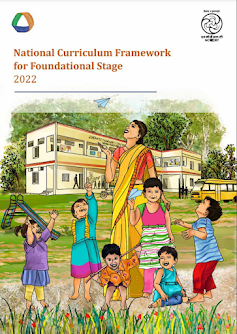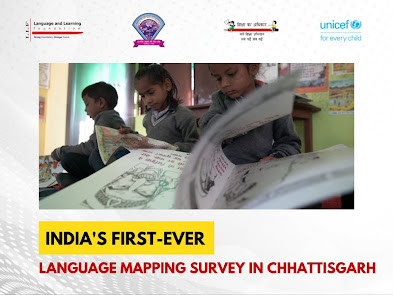Reimagining Science Education Through the Power of Mother Tongue
When talking about using local languages in the classroom, we usually think of the 3 Rs: Reading, wRiting and aRithmetics, But Dr Vishal Sharma builds a strong case for also teaching Science and Technology in the language the child is most familiar with. This will change the learning from reproducing scientific facts to creative thinking and production based on deep understanding. The article, Learning Science and Technology in Mother Tongue, published in the Daily Excelsior, explains how teaching complex subjects like science and technology in a child's first language improves cognitive development, critical thinking, and cultural rootedness. The article uses global examples, insights from cognitive science, and Indian policy initiatives to make a compelling case for the use of the children's native language. The piece emphasises that learning Science and Technology in one's mother tongue strengthens conceptual understanding and reduces cognitive overload. Studies by exper...






